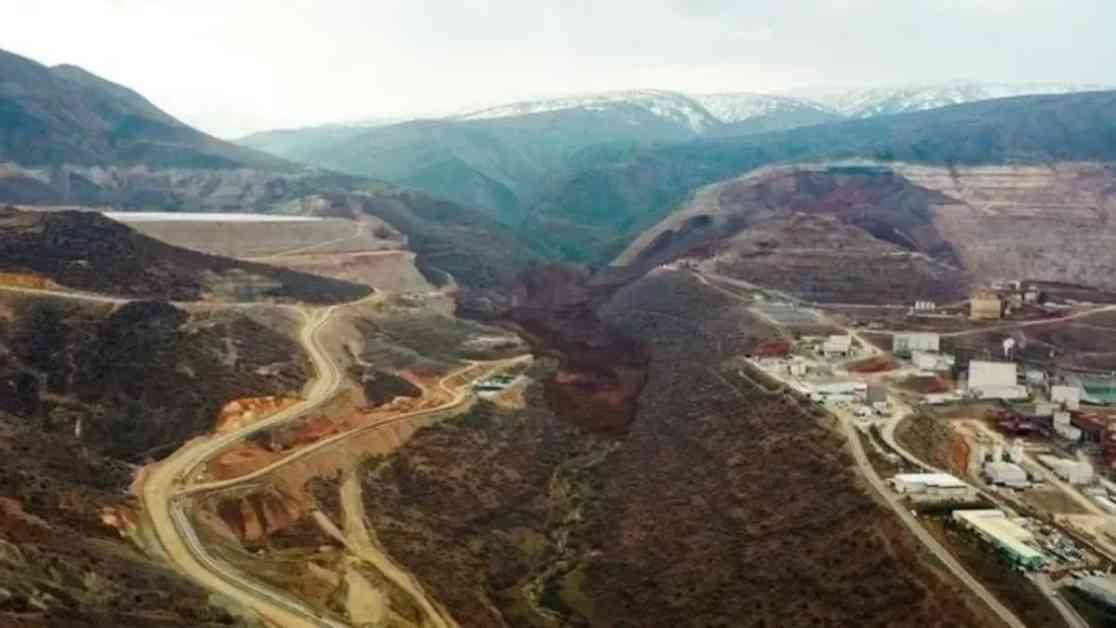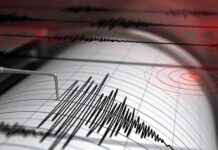No Prosecution for Approving EIA Report on Landslide in Iliç
In a recent decision by the İliç Republic Chief Public Prosecutor’s Office, it was highlighted that an investigation was initiated for “causing death and injury by negligence” and “negligently polluting the environment” regarding the landslide on February 13, where 9 workers lost their lives underground.
Thorough Investigation and Expert Findings
During the ongoing investigation, numerous complaints were filed against public officials for “not taking sufficient precautions and allowing the company to operate” by sending petitions to the Chief Public Prosecutor’s Office on different dates. The decision emphasized that comprehensive research was conducted by public prosecutors assigned immediately after the incident.
The expert report submitted to the Chief Public Prosecutor’s Office on November 22 reminded that the EIA-related section of the report stated the following:
“On November 22, 2024, the expert report submitted to our office concluded that there is no responsibility for the work accident, resulting deaths, injuries, and environmental pollution. Therefore, it was decided that the officials of the Ministry of Environment, Urbanization, and Climate Change who approved and/or signed the EIA report were faultless.”
Prosecutorial Decision and Closure
As a result, the Public Prosecutor’s Office decided not to prosecute the officials of the Ministry of Environment, Urbanization, and Climate Change who had approved or signed the EIA report, as the elements of the alleged crimes did not exist.
In the landslide incident at the gold mining site in the İliç district of Erzincan on February 13, where 9 workers were trapped underground, the bodies of the workers were reached at different times after extensive efforts.
—
With the decision not to prosecute the officials involved in the approval of the EIA report, the legal ramifications of the tragic landslide in İliç remain unresolved. This case sheds light on the complexities of holding individuals accountable for environmental disasters and workplace accidents. It prompts us to question the efficacy of existing regulations and oversight mechanisms in preventing similar incidents in the future.
As we reflect on this news, it’s crucial to remember that behind every statistic or legal decision, there are real lives impacted by these events. Each worker who lost their life in the landslide had dreams, families, and stories of their own. It’s a stark reminder of the human cost of negligence and inadequate safety measures in industrial operations.
So, what can we, as individuals and communities, learn from this incident? How can we advocate for stronger enforcement of environmental regulations and worker safety standards to prevent such tragedies from occurring again? These are the questions that should guide our discussions and actions moving forward, ensuring that justice is served, and lives are protected.











